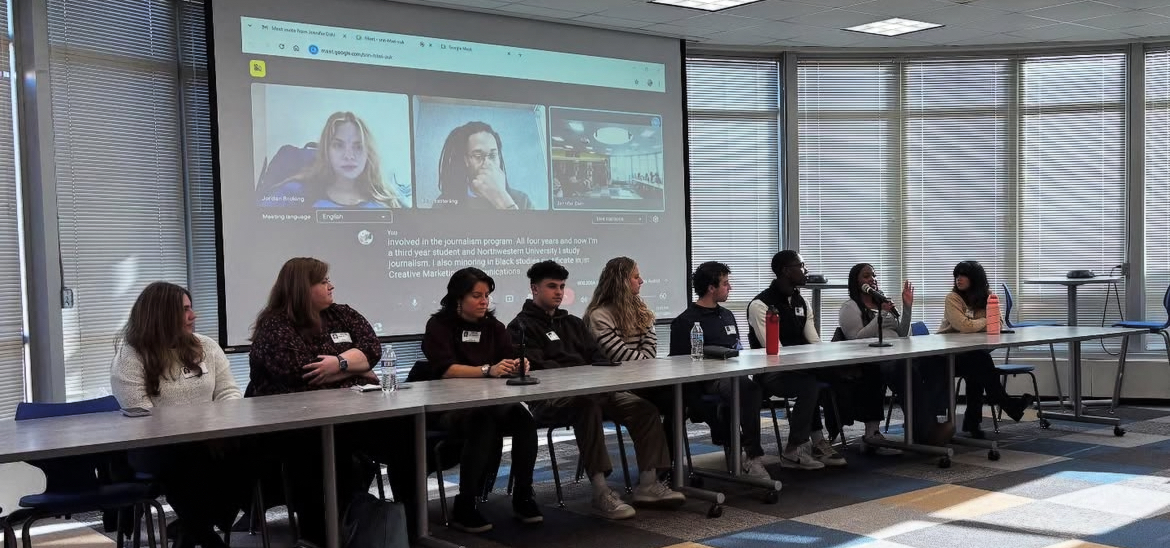George Floyd. Breonna Taylor. Ahmaud Arbery. These names echoed through the streets, social media platforms, and news outlets during the Black Lives Matter movement of 2020. Their tragic deaths, victims of a system steeped in racism, sparked global protests and forced millions to confront the deep-rooted injustices faced by Black communities. Five years have passed, and while their names may no longer dominate headlines, their significance remains as vital as ever.
Floyd’s death, caught on video, exposed the brutality of police violence; Taylor’s death, while sleeping in her own home, highlighted the vulnerability of Black women; and Arbery’s death, shot while jogging, showed the danger Black people face even in their everyday lives. These events ignited a global conversation about racial injustice and inspired a wave of protests.
Black History Month is not only a time to reflect on the triumphs of Black history but also a time to confront the harsh realities that still exist today. The fight for racial equity did not end with the protests of 2020. We cannot let these names fade into the past without continuing the work that began. Black History Month is a call to action—not just for recognition, but for a renewed commitment to equality and human dignity.
How can you help keep the fight for equality alive?
Share the Stories, Humanize the Names: Every name—George Floyd, Breonna Taylor, Ahmaud Arbery—is not just a symbol of tragedy. They were human beings. Their lives were full of dreams, love, relationships, and possibilities, just like yours. By sharing their stories and the stories of other Black figures throughout history, we humanize the struggle. We refuse to let their memory fade without understanding the profound loss that racism has caused.
Reflect on Progress and Confront What’s Left to Do: Much has changed since 2020—new policies, greater awareness, and a broader understanding of racial injustice. But progress alone is not enough. We must continue to ask ourselves: where do we still fall short? What work remains to be done to ensure that no more lives are taken by the same systems of oppression?
Inspire Action for Real Change: There are many ways individuals, communities, and institutions can combat systemic racism and create meaningful change. From supporting Black-owned businesses to pushing for reform in policing and education, the path to justice requires all of us to get involved.
Saying their names is more than a phrase—it is a promise. A promise to honor the memories of those we’ve lost by dismantling the systems that failed them. A promise to build a future where racial justice is not a hope, but a reality. A promise to never stop fighting for equality. As we celebrate Black History Month, let us not only remember the past but also commit to a future where Black lives are valued, protected, and celebrated—every single day.




































































